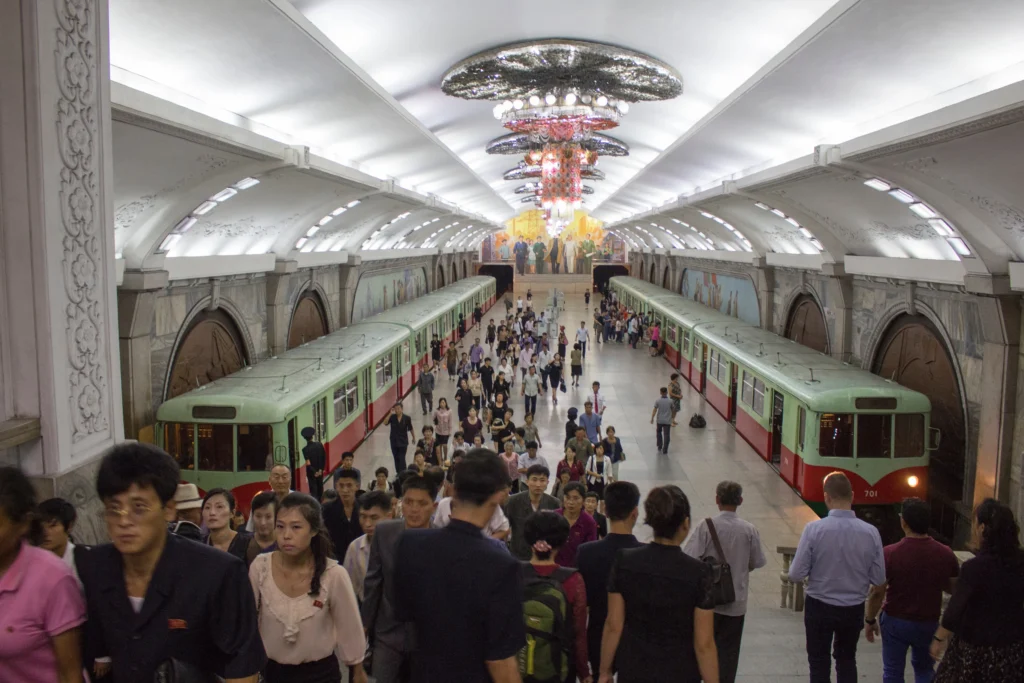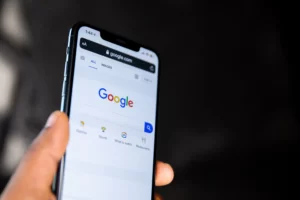Introduction
Access to the internet has become an essential element of most people’s everyday lives in an increasingly interconnected society. However, getting online in North Korea is a strange and bewildering experience. This essay investigates the characteristics and challenges of internet connectivity in the isolated country, offering light on the distinct digital ecosystem that exists within its borders.
The Isolated Internet: North Korea’s Digital Enigma
To maintain state control and avoid outside influence, North Korea strictly controls its internet infrastructure, rigidly restricting access and content. To maintain obedience to its ideological objective, the government closely monitors online activities, restricting access to a select few and implementing stringent censorship. This amount of control results in a digital environment that is unlike any other in the world.
Limited Access, Limited Reach
In North Korea, internet access is generally restricted to a tiny subset of the population, with limited access allowed to government officials, researchers, and permitted persons. The general people has limited access to Kwangmyong, a heavily censored intranet that delivers a controlled and sanitized version of the internet devoid of external information or communication channels.
A Propaganda Tool
The North Korean government uses the internet to disseminate precisely selected content in order to mold the narrative and control popular perception. Social media channels and websites are generally utilized to highlight the regime’s accomplishments and ideals, establishing a favourable picture of the country while stifling alternative voices or critical opinions.
The Technological Barriers
North Korea’s poor internet infrastructure makes connectivity difficult. The country lacks dependable and fast internet connections, limiting access to the global online scene. Furthermore, international sanctions and restricted foreign investment impede the development of a viable internet infrastructure, leaving the country’s connection well behind the rest of the globe.
Censorship and Surveillance Measures
To keep control over online activities, the North Korean government deploys advanced filtering and surveillance tools. To monitor and restrict access to certain websites or material that may contradict state ideology, content filters, keyword monitoring, and surveillance systems are in place. This ubiquitous surveillance fosters a climate of self-censorship and fear, further limiting information flow and stifling free expression.
Smuggling the Internet: Evasion and Ingenuity
Despite the severe limitations, some North Koreans have managed to gain illicit access to the worldwide internet. Underground networks, frequently assisted by smuggled smartphones, USB devices, and satellite connections, allow a chosen few to circumvent government censorship and connect to the internet. These underground passageways provide information, communication, and connectivity to the outer world.
Risks and Consequences
Using these covert means to access the internet poses major hazards. Authorities’ discovery can result in severe penalties such as imprisonment, torture, or even execution. Nonetheless, the pull of the outside world and the possibility of free knowledge inspire some people to take these brave risks in search of a glimpse into the larger digital landscape.
The Future of Internet Connectivity in North Korea
Despite the difficulties, there are some signs of development in North Korea’s online ecosystem. The development of 3G and 4G networks, while limited, has increased access for a select few. Furthermore, some government-approved firms and international entities operating in special economic zones now have more comprehensive internet access. These minor steps foreshadow the possibility of further incremental developments.
Balancing Control and Connectivity
The North Korean government must strike a fine balance between retaining control over its people and reaping the benefits of connection. As the rest of the world grows more interconnected, North Korea will face growing pressure to adapt and integrate. It is unclear whether the country would liberalize internet access or continue to restrict it.
Conclusion
Getting online in North Korea exposes a highly controlled and restricted digital landscape. Within the country’s borders, limited internet access, censorship, and surveillance shape the online experience. Underground networks and technological inventiveness, on the other hand, provide a glimpse of a world outside government-controlled information. The future of internet connectivity in North Korea remains a mystery, forcing us to speculate whether the country will remain isolated or embrace the prospects of a more connected world.





More Stories
GRU’s Cyber Militia Unleashes Chaos in Ukraine
How hackers are holding Reddit hostage for $4.5 million and API rollback